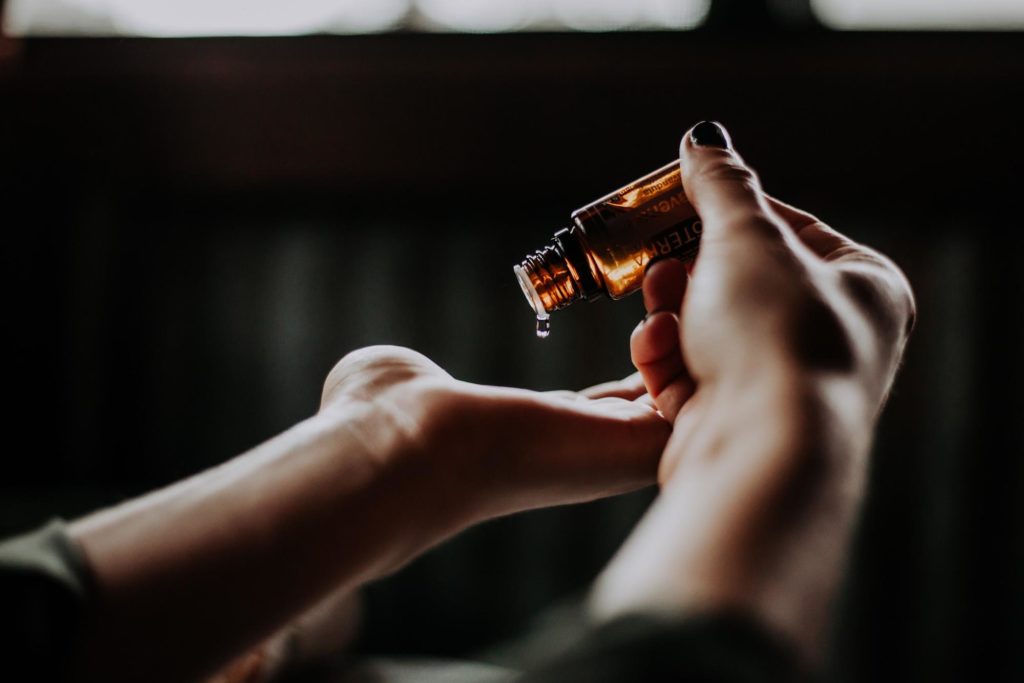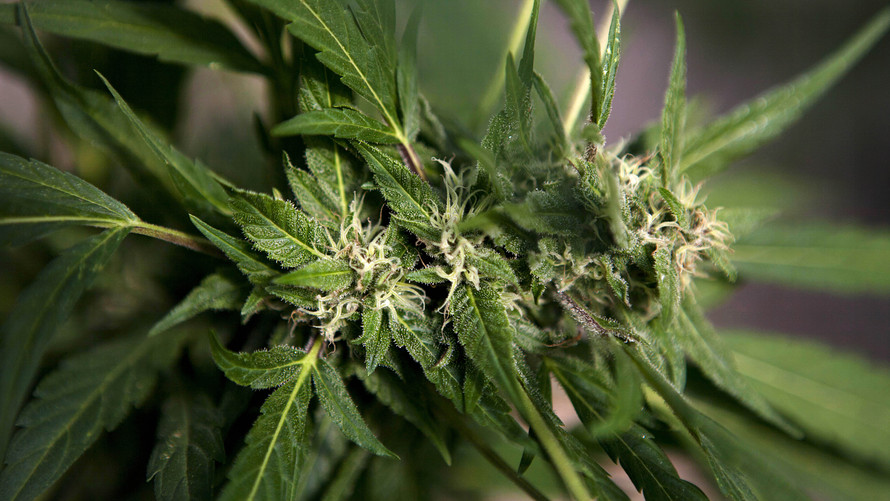Sara Ritchie
Feb 13, 2019
When pets get ill or experience anxiety, most owners would do just about anything to fix the situation, so it’s not surprising that many pet owners have tried giving medical marijuana to their furry friends. Now veterinarians are starting to follow suit. As more and more research has come out in support of using medical marijuana for pets, veterinarians like Dr. Robert Klostermann have begun giving the cannabis compound cannabidiol (CBD) to their four-legged companions.
“My interest in CBD as a treatment option for pets was piqued when the opioid epidemic really started coming to light,” Dr. Klostermann told Civilized. “As more evidence started to come out about the addictive nature of opioids, I started looking into alternatives for pain management. Based on research that was coming out of Cornell and Colorado State, CBD seemed like a good supplement to the practitioners’ tool kit and a better alternative for pain management.”
And that goes for animals as well, which can also reap the mental health benefits from CBD.
“I also have two older dogs, and one of them has developed separation anxiety in his old age, so I decided to see if CBD could help,” Klostermann added. “After one week of treatment, I really noticed a difference in my little dog.”
And his anecdotal observations are gaining support from recent studies.
“The evidence is limited, but there is now evidence that reveals CBD can be helpful for certain ailments, and that’s something that we didn’t have before.”
Right now, research points to CBD as a useful treatment for pain management, anxiety and seizures in pets. But future studies could find it helps with many other conditions.
How to give CBD to your pets
Dr. Klostermann likes to give his dogs CBD-infused chewies as a treat and treatment. But there are many options to give this product to your pet. There are pastes and liquids, as well as the treats that Klostermann’s dogs are fond of.
However, owners should keep in mind that CBD is still a medicine. And with any medication, you have to watch your pet for signs that the treatment isn’t causing complications.
“Like any drug, there are impacts on the patient,” Klostermann told Civilized. “Some will get diarrhea, and even more likely constipation. Owners need to be aware of this so they can ensure their pets are getting enough hydration and, if needed, something to help move things along.”
But aside from those gastrointestinal issues, there aren’t many contraindications be wary of with CBD. And there have never been any reported deaths from it. So if your pet does ingest too much CBD, the best thing to do in many cases is to let it run its course.
“I treated a pet once many years ago who had gotten into his owner’s stash, and really they just need to metabolize it off. So, in those cases you monitor the pet to make sure they are eating and drinking and look to ensure they aren’t in distress.”
Pushback in the industry
For pet owners, one of the biggest complications in using CBD is finding a veterinarian who is willing to discuss the treatment, which is still stigmatized due to cannabis prohibition.
“When I have tried talking to people about using it as treatment, most people have been hesitant due to the legalities,” Klostermann said. “When I was practicing, no one wanted to lose their licence by encouraging the use of this product.”
And he faced opposition from his local Vet’s Association, which discourages CBD treatments.
But now that he’s retired, Klostermann does’t have to worry about repercussions. “I am in a position now where my livelihood isn’t contingent on this anymore,” he explained.
Klostermann added that more vets are willing to talk about CBD after the federal government passed the 2018 Farm Bill, which permanently removed hemp from the Controlled Substances Act (CSA) as well as its byproducts, including CBD.
Those willing to discuss CBD do not include that Vet’s Association, which will refer you to their lawyer if you inquire about medical cannabis for pets. But as legalization continues to spread across the country and stigmas are dismantled, the association’s position could change over time.
Original Article found at Civilized
The post A Cannabis-Friendly Veterinarian Shares His Tips for Giving CBD to Pets appeared first on CBD For Life.








